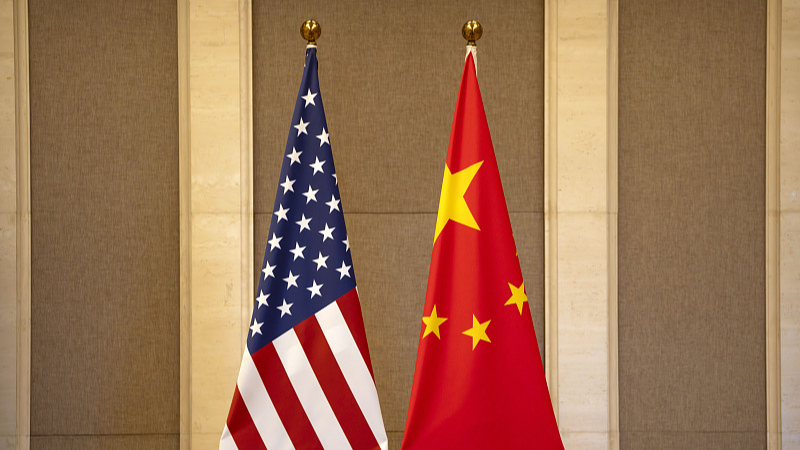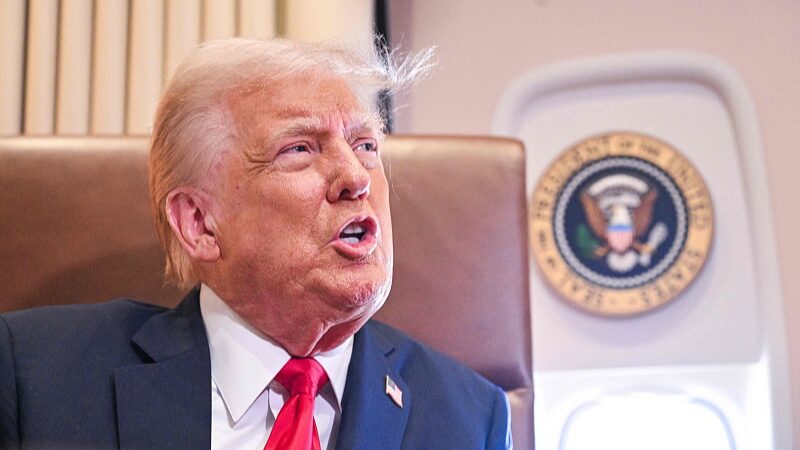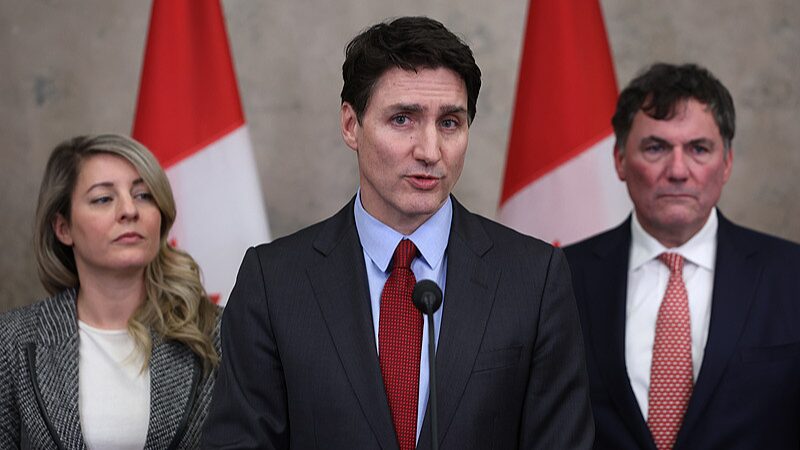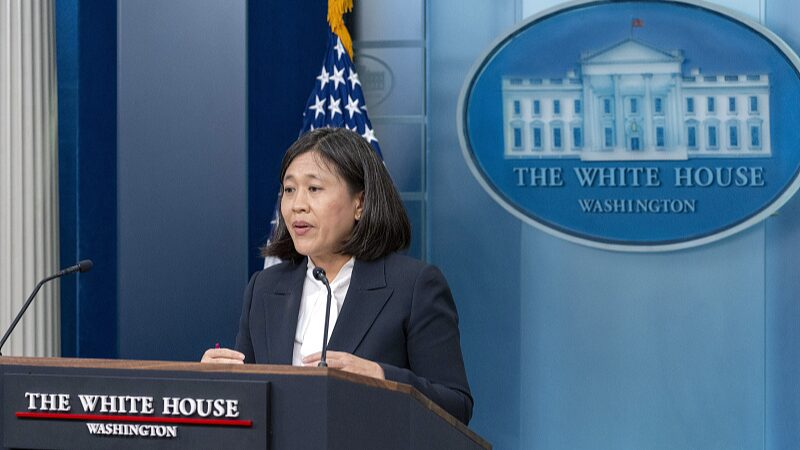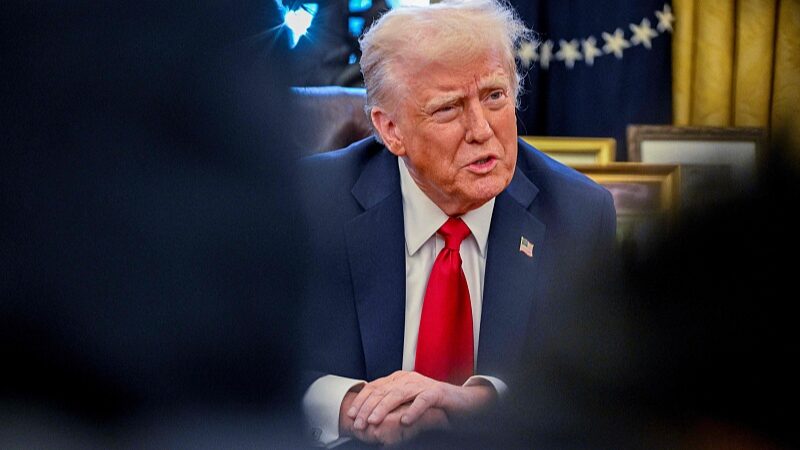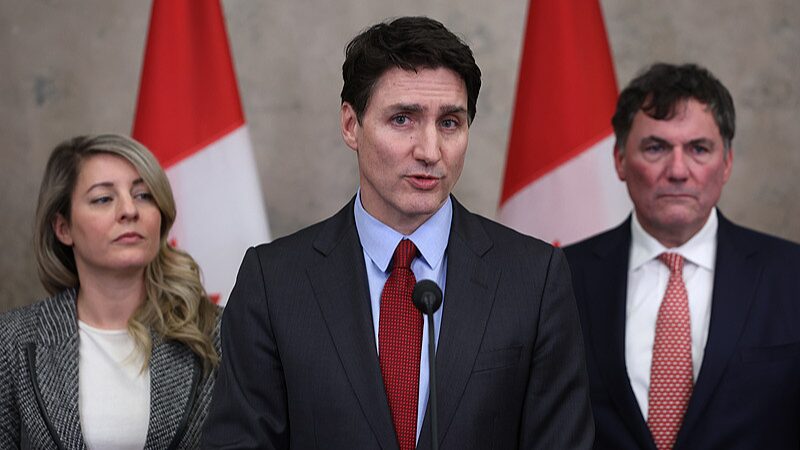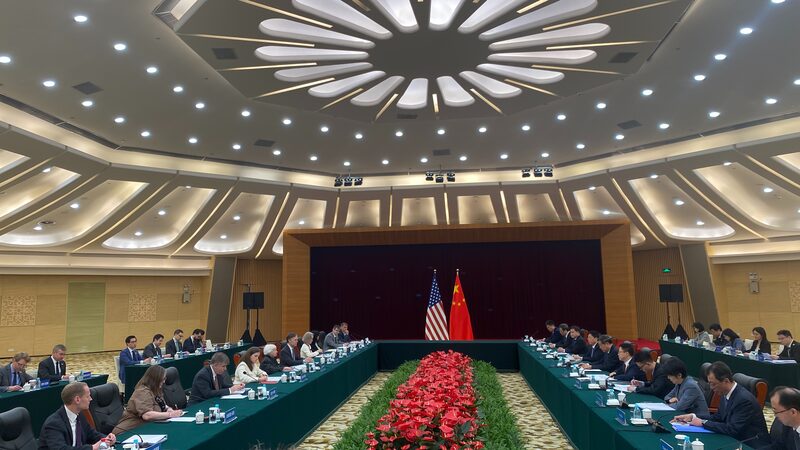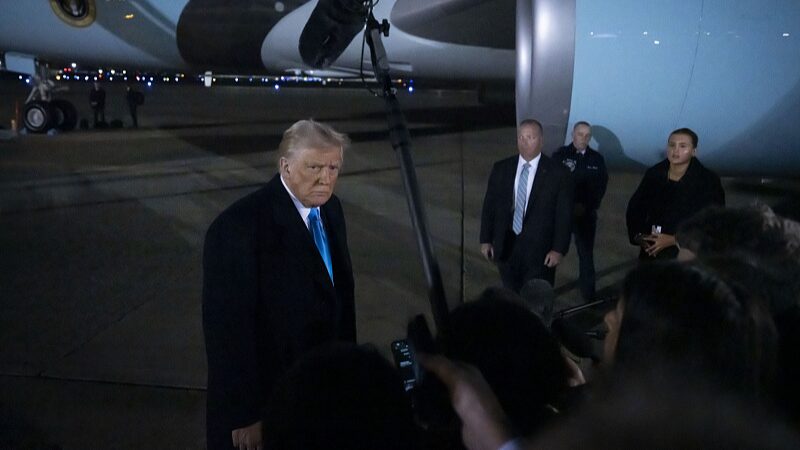China and the United States will hold their first high-level trade meeting in Switzerland next week, signaling a potential de-escalation of recent tariff measures that shook global markets. Chinese Vice Premier He Lifeng – Beijing’s top economic dialogue representative – is set to meet U.S. Treasury Secretary Scott Bessent from May 9-12, following repeated American requests for negotiations.
The talks come nearly a month after Washington imposed what it called "reciprocal tariffs" on $18 billion worth of Chinese imports, including steel, aluminum, and medical products. Beijing responded with targeted countermeasures on U.S. chemicals and automotive components.
Neutral Ground for Critical Dialogue
Analysts highlight Switzerland’s symbolic value as a venue. "Choosing Geneva demonstrates China’s preference for neutral, multilateral engagement," said Sun Chenghao of Tsinghua University’s Center for International Security and Strategy. "It creates space for pragmatic dialogue without geopolitical theater."
The Swiss location – home to numerous UN agencies – aligns with Beijing’s emphasis on rule-based international systems. A Chinese Commerce Ministry spokesperson noted the decision to engage reflects "global expectations and domestic priorities," including concerns from U.S. businesses about tariff-induced inflation.
Economic Stakes & Strategic Leverage
With the IMF lowering its 2025 global growth forecast to 2.8% amid trade uncertainties, both economies face mounting pressure. Sun outlined China’s strategic advantages:
- Precision countermeasures affecting U.S. tech supply chains
- Access to China’s 1.4 billion-consumer market as bargaining power
- Expanded partnerships with the EU, ASEAN, and others to offset U.S. pressures
Chinese officials reiterated confidence in domestic economic resilience. "No external shock can shake our fundamentals," Foreign Ministry spokesperson Lin Jian stated, dismissing claims that Beijing couldn’t withstand tariff pressure.
Global Markets Respond Positively
News of the talks lifted Asian stocks and U.S. index futures, with Hong Kong’s Hang Seng gaining 1.2% and mainland China’s CSI 300 rising 0.8%. Observers suggest the dialogue could ease supply chain anxieties – a key concern for investors across semiconductors, EV batteries, and green energy sectors.
As negotiations proceed, analysts advise watching China’s rare earth export policies and U.S. tariff rollback commitments. Beijing’s message to other nations remains clear: "Appeasement won’t secure peace," underscoring its multilateral approach to resolving trade disputes.
Reference(s):
What messages are the upcoming first China-U.S. trade talks sending?
cgtn.com
